
Menopause is a natural decline in reproductive hormones when a woman reaches her mid-40s or 50s. In simple terms, when a woman stops menstruating, the condition is called menopause. Every woman experiences this as she ages. You must be wondering what causes menopause or how the body knows that it’s time to stop menstruating. Read on to find out about menopause's side effects, causes, and treatment.
Reason for Menopause
A woman is born with eggs called oocytes, which are stored and released by the ovaries. The ovaries are also responsible for producing the hormones estrogen and progesterone. Ovaries control ovulation (the release of an egg from an ovary) and menstruation. Menopause happens when the ovaries stop releasing an egg every month, and the regular menstruation cycle stops.

In women, menopause is a normal part of aging after the age of 40. But when it happens before 40, it is called premature menopause. However, not every woman who experiences menopause before age 40 suffers from premature menopause. Some women can go through menopause early, either as a result of hysterectomy (surgical removal of the uterus) or damage to the ovaries due to chemotherapy or radiation.
What are the Symptoms of Menopause?
Menopause and its symptoms occur due to the cessation of periods. However, it is not the only symptom that confirms menopause. There are several other symptoms of menopause. Some of them are:
Hot Flushes
When intense heat starts in the chest and rises to the neck and head with perspiration on your face, the condition is known as hot flushes/ flashes. It happens as a result of changing estrogen levels as a result of menopause or other medical conditions.

Irregular or Skipped Periods
Much like a missed period being a sign of pregnancy, an irregular period cycle may mean the onset of menopause. It’s important to remember that irregular periods could also indicate some other medical conditions as well.

Mood Swings and Depression
A drop in estrogen affects the way our body manages serotonin and norepinephrine, two hormones that are linked to our mood. Low levels of estrogen can lead to irritability, stress, depression, fatigue, forgetfulness, anxiety, and difficulty concentrating, which can further lead to mood swings.
Insomnia
Estrogen and progesterone are also known to promote sleep. The shifting ratios of these hormones during menopause can be unsettling and can sometimes contribute to insomnia.
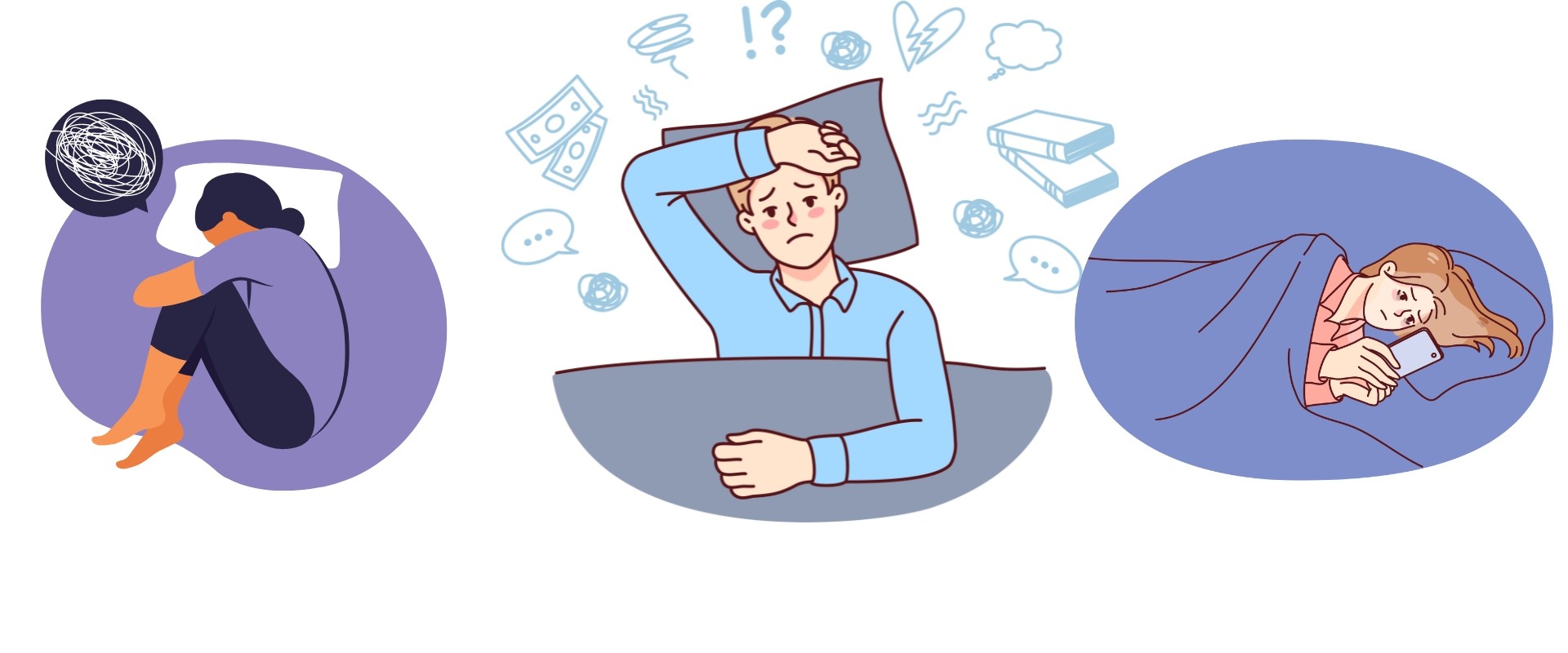
Joint and Muscle Pains
In menopause, estrogen deficiency leads to decreased bone mass and reduced bone strength, which are the leading causes of joint and muscle pain.

Changes in Libido
The decline in estrogen and testosterone hormones following menopause can lead to changes in a woman’s sexual drive.

Vaginal Dryness
Vaginal dryness is a sign of genitourinary syndrome due to menopause. In this condition, vaginal tissues become thinner and get easily irritated. This results due to a natural decline in the body’s estrogen levels during menopause.

Bladder Control Problems
The hormonal changes occurring during menopause can weaken the muscle strength in the pelvic region. This may lead to bladder control problems.

Although it is not necessary that every woman gets to experience all the above-mentioned symptoms, sometimes menopause is silent and does not show any symptoms except stopped periods.
Post Menopause Side Effects
Menopause is a transition and surely has some side effects. Low levels or loss of estrogen can lead to a number of health issues that become evident as women age. So, postmenopause side effects may cause some of the following health problems:
Heart Diseases
Due to a drop in estrogen levels, the heart and blood vessels become stiffer and less elastic, which can lead to hypertension. Low levels of estrogen also add to the visceral fat around the heart and make a menopausal woman prone to heart disease.
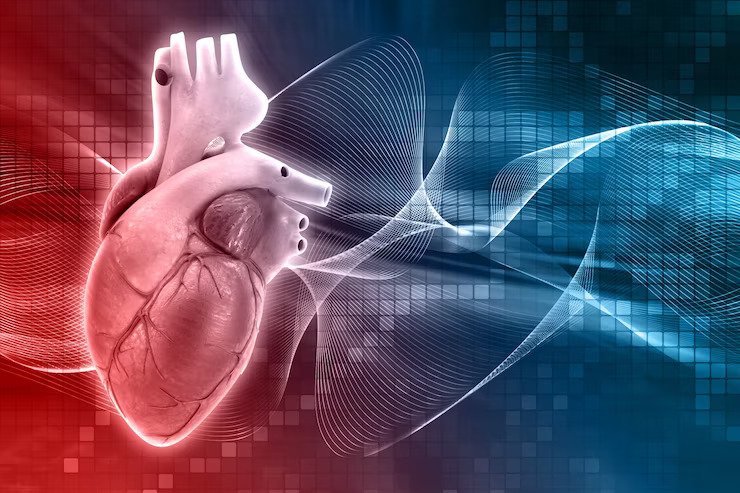
Osteoarthritis
A review study concluded that menopause can lead to the onset of osteoarthritis in women. Hormone replacement therapy can be beneficial in such cases.
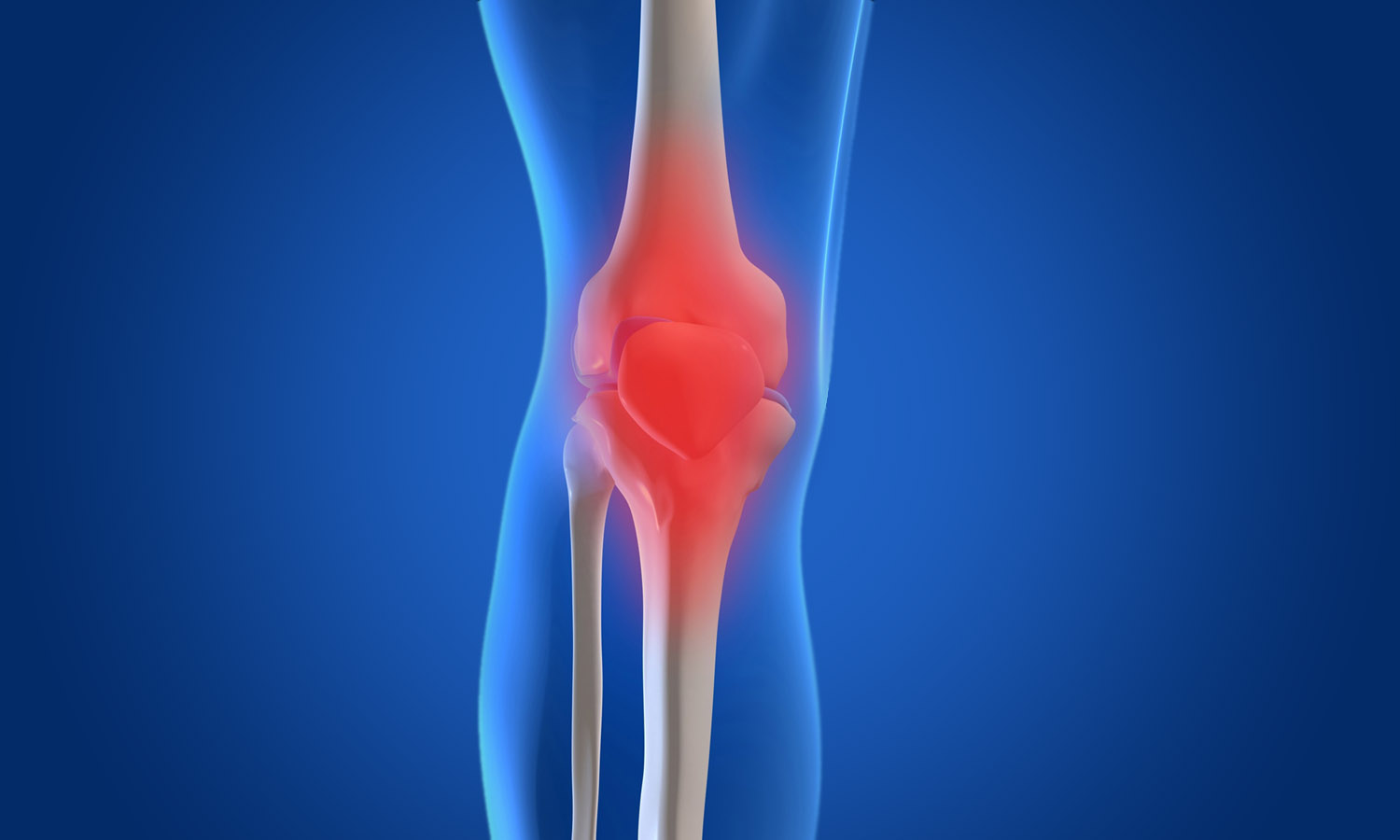
Osteoporosis
Low or no estrogen is a natural consequence of menopause, and it is directly related to a decrease in bone density, which can lead to osteoporosis.

Digestion Issues
The imbalance of hormones can influence the digestive movement, sometimes by speeding up the process and causing diarrhea and nausea, and sometimes by slowing down the process and causing constipation and bloating.
Alzheimer’s Disease
In 2017, Medical News Today published an article concluding that the loss of estrogen could make menopausal women vulnerable to developing Alzheimer’s disease.
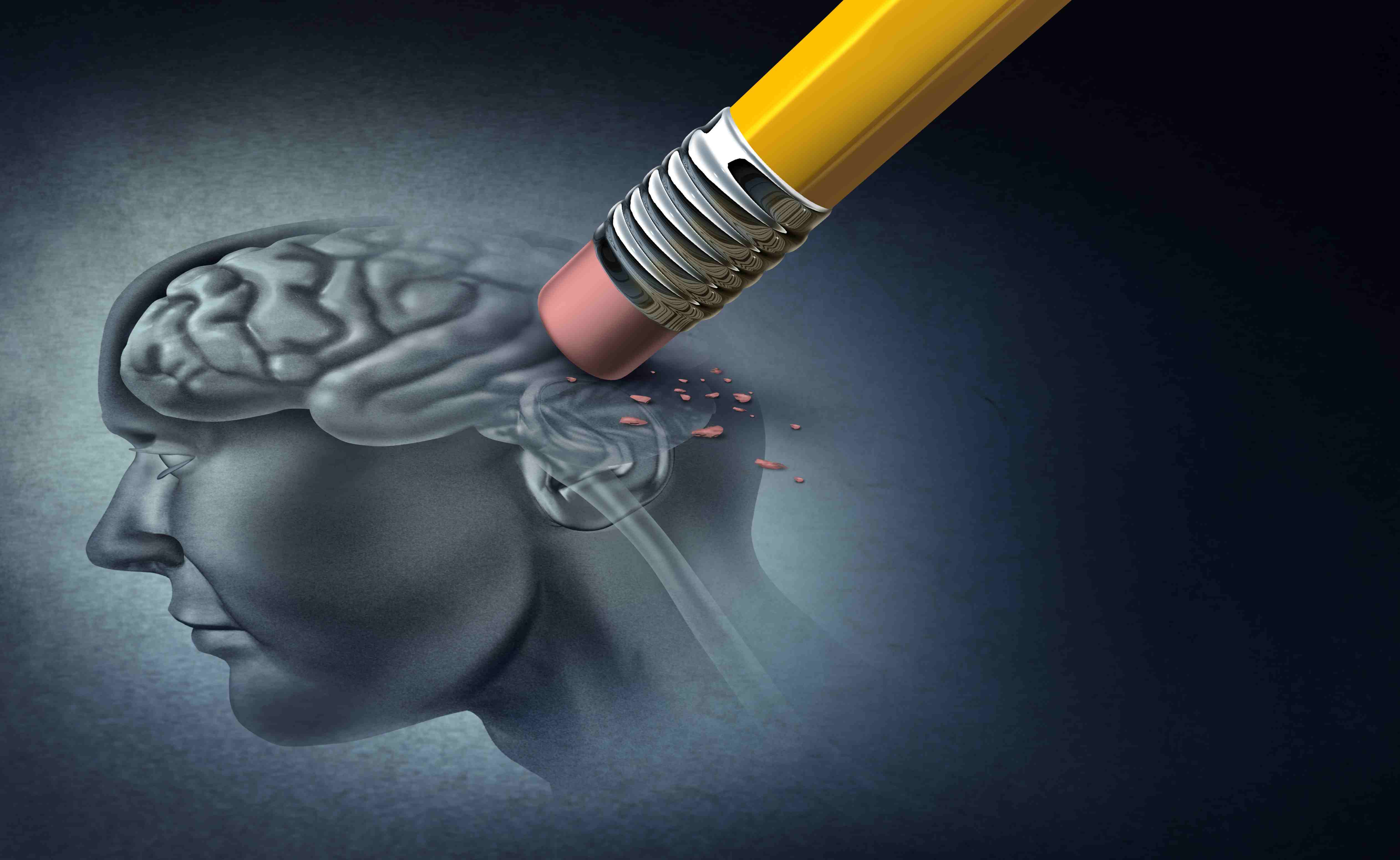
Poor Muscle Power
With menopause, estrogen levels decline, increasing visceral fat and decreasing bone density, muscle mass, and strength, thereby reducing muscle power.
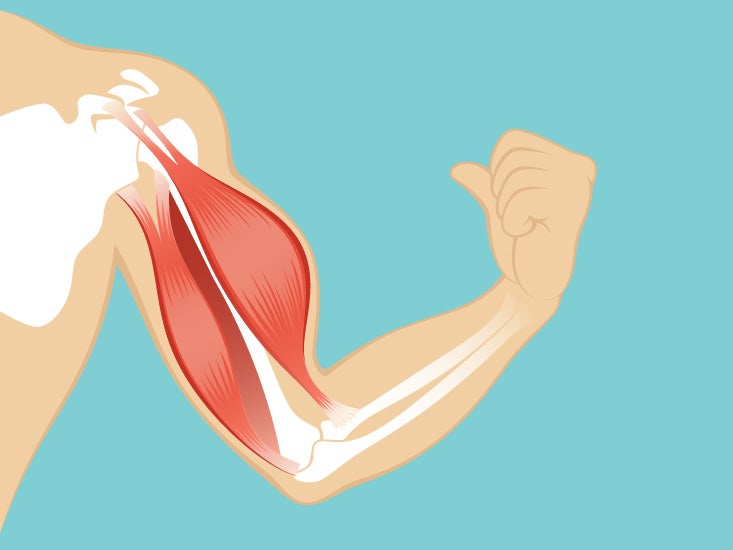
The Weakening of Vision
Estrogen hormones can cause vision changes at several points in a woman’s life. During puberty, estrogen can affect distance vision and can cause nearsightedness. On the other hand, during pregnancy, it can cause blurred vision and during menopause, it can weaken the vision.

Conclusion
Some menopause side effects require treatment, and one must talk to her doctor about how to manage menopause. The doctor will ask about you and your family’s medical history, which might include whether you are at risk for heart disease, osteoporosis, or breast cancer. This helps with better menopause treatment. Some of the postmenopause side effects may improve over time with medication or other medical interventions. For some women, hormone therapy may work to improve their quality of life, and for others, maybe some other line of treatment will work.




.png)


